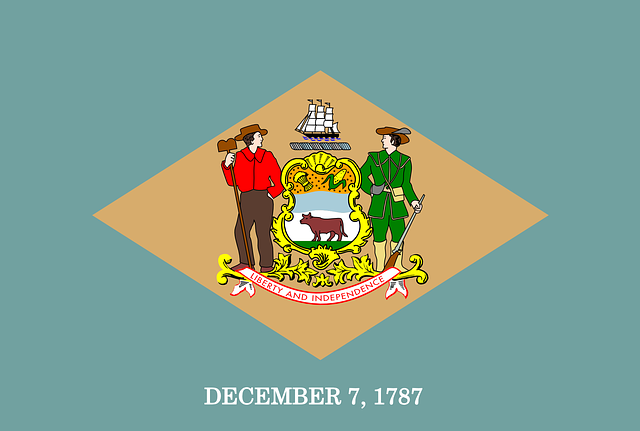Share This Article:

Perdue Worker Doesn’t Establish that COVID-19 was ‘Natural to’ Work Environment
26 Jun, 2024 Frank Ferreri

Dover, DE (WorkersCompensation.com) -- People whose jobs required them to be onsite during the worst of the COVID-19 surely faced a greater risk of contracting SARS-CoV-2 than their work-from-home counterparts, but does that mean that a COVID diagnosis must be related to employment?
Not according to Delaware's highest court in Fowler v. Perdue Inc., No. 412, 2023 (Del. 06/24/24), which held that a Perdue worker didn't present medical evidence to show that COVID was "natural to" his work environment.
Dig into compliance in Delaware and across the U.S. with Simply Research
A worker for Perdue worked in the box area, which was an L-shaped room in which four or five employees worked between six and eight feet apart from each other.
The worker typically packed his own lunch and took his lunch break in Perdue's lunchroom, where there would be 150-200 people sitting in close proximity to each other.
In March 2020, Perdue took steps to implement COVID-19 safety protocols in the facility. For example, it removed chairs and staggered tables in the cafeteria to separate people by eight to 10 feet. Additionally, Perdue began daily cleaning and sanitizing with a fogging machine.
After 124 Perdue employees tested positive for COVID, the worker developed symptoms and tested positive as well. The worker's symptoms worsened, leading to a hospital stay in which he was diagnosed with acute hypoxic respiratory failure, multilobar pneumonia, septic shock, and acute kidney injury.
The worker was intubated, put on a ventilator, required dialysis, developed gastrointestinal bleeding, and developed atrial fibrillation.
After the hospital stay, the worker went to a rehabilitation facility where he had a catheter and was eventually released under the care of a urologist, cardiologist, and psychiatrist.
On the worker's workers' compensation claim, Delaware's I.A.B. determined that the worker did not meet his burden to show that he contracted COVID-19 at Perdue because there were other contacts and places that could have led him to contracting the virus.
The worker appealed to court, which sent the case back to the I.A.B. This time around, the I.A.B. again denied the worker's claim. On appeal this time, the court upheld the ruling.
The worker then appealed to the Delaware Supreme Court, arguing that the court erred by finding that COVID-19 was not an occupational disease in his case.
According to the Supreme Court, a claimant cannot succeed merely by establishing that he contracted COVID-19 at his employment; instead, he must show how COVID-19 is "natural to" the work environment.
In this case, the worker did not make this connection to the Supreme Court's liking.
Per medical evidence that the Supreme Court relied on, contracting COVID-19 in the cafeteria at Perdue was no different than contracting it any other business.
"Thus, there [was] nothing natural to, inhering in, or an incident and concomitant of his particular occupation ... that exposed [the worker] to COVID-19," the court concluded.
AI california case management case management focus claims compensability compliance courts covid do you know the rule emotions exclusive remedy florida FMLA glossary check Healthcare health care hr homeroom insurance insurers iowa leadership medical NCCI new jersey new york ohio osha pennsylvania roadmap Safety state info technology texas violence WDYT west virginia what do you think women's history women's history month workcompcollege workers' comp 101 workers' recovery Workplace Safety Workplace Violence
Read Also
About The Author
About The Author
-
Frank Ferreri
Frank Ferreri, M.A., J.D. covers workers' compensation legal issues. He has published books, articles, and other material on multiple areas of employment, insurance, and disability law. Frank received his master's degree from the University of South Florida and juris doctor from the University of Florida Levin College of Law. Frank encourages everyone to consider helping out the Kind Souls Foundation and Kids' Chance of America.
More by This Author
- Apr 01, 2025
- Frank Ferreri
- Mar 28, 2025
- Frank Ferreri
Read More
- Apr 02, 2025
- Liz Carey
- Apr 02, 2025
- Claire Muselman
- Apr 02, 2025
- Claire Muselman
- Apr 01, 2025
- Frank Ferreri
- Apr 01, 2025
- Chriss Swaney
- Apr 01, 2025
- Liz Carey




